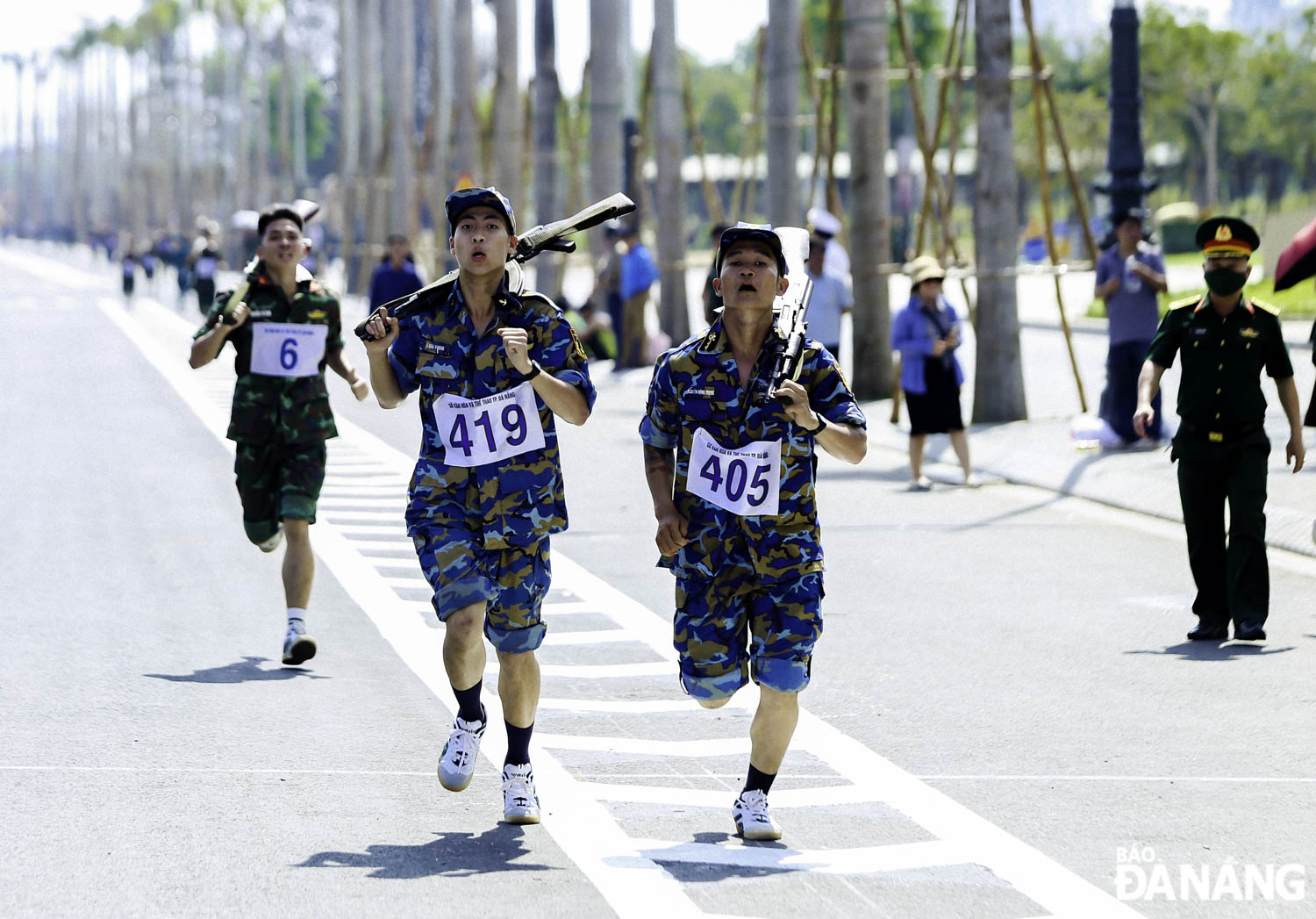Young people give free portions of rice and soup to poor patients
Over recent years, members from Youth Union (YU) organisations in Da Nang have actively become involved in giving free portions of rice and soup to poor patients in hospitals across the city.
 |
| YU members from Binh Hien Ward giving free portions of rice to patients at the Da Nang General Hospital |
Once a month, YU members in Hai Chau District’s Binh Hien Ward provide a total of 300 free portions of rice to patients in some local hospitals.
Since the start of this year, in addition to giving free portions of rice, the Binh Hien Ward YU members have offered scholarships and gifts, totalling around 25 million VND, to poor pupils and families in the locality.
Secretary of the Binh Hien Ward YU organisation, Mr Huynh Phuoc Nguyen, remarked that he would appeal for more generous donors to join forces with local YU members to maintain these meaningful activities every month.
Besides, students from the faculties of Russian and English languages of the city’s University of Foreign Language Studies, along with those from the YU organisation of the Nursery Faculty of the local Technical University of Medicine and Pharmacy, together often give free portions of soup to local poor patients.
Mr Nguyen Ngoc Sinh, leader of the Faculty’s social work team, noted the university students offer around 300 free portions of soup to patients at the Maternity and Paediatrics Hospital every second Saturday each month. The meaningful activity has been maintained for nearly 3 years.
Apart from soup, these students have offered loaves of bread to patients at the Cancer Hospital, organised charity programmes at the Eye Hospital, as well as given ‘banh bao’ (dumplings) and ‘sua dau nanh’ (soymilk) to the elderly and children who are selling lottery tickets and scavenging for scrap metal and plastic, Sinh added.
Mr Sinh underlined that his team’s meaningful charity programmes have received strong support from the University’s lecturers, its fomer students, and some generous domestic donors.
Also, the University students have been actively involved in selling candies, cakes, fruits and wastepaper to raise funds for maintaining the charity programmes.




